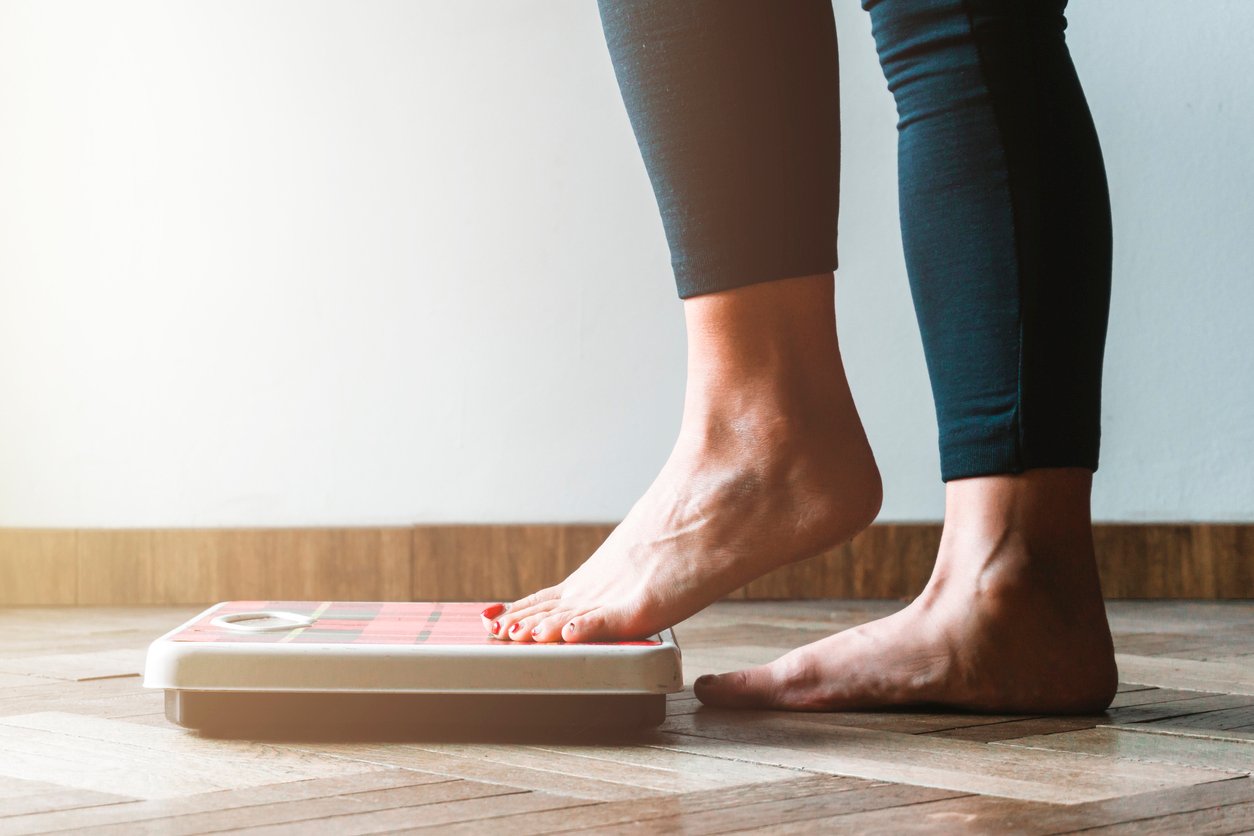Nutrition recommendations are constantly changing, and some have long lost their relevance. Therefore, certain healthy habits can lead to extra pounds and not to weight loss. Some eating habits that were previously considered healthy are now no longer relevant. This is because the science of nutrition does not stand still and is constantly evolving. Which misconceptions about proper nutrition will not help to lose weight. Get all answers here.
Table of Contents
Unhealthy Habits Causing Weight Gain
Here is the list of unhealthy habits that leads to increased weight.
1. Replacing Sugar With Artificial Sweeteners
Not always products with artificial sugar are useful. Besides, many manufacturers are removing sugar from foods, replacing it with unhealthy substitutes. However, the effectiveness of sugar substitutes has not yet been proven, as scientists have not yet figured out whether sweeteners help to lose weight.
Recently, experts from the University of Southern California School of Medicine studied the effects of sucralose, a popular sugar substitute. The researchers concluded that it could cause weight gain even more than regular sugar.
2. Snacking On Unhealthy Products
Not everyone is able to eat three times a day fully, so snacking becomes an important part of the diet. In the snacks themselves, nutritionists do not see anything dangerous. But some of the products people eat as snacks raise questions from experts.
In particular, popular snacks labeled “gluten-free” or “low-fat” contain far more sugar and calories than ice cream and cookies. Therefore, it is important to study the composition of bars, snacks, and yogurts. Otherwise, such snacks will not help you lose weight but, on the contrary, will lead to excess weight.
3. Frequent Consumption of Alcohol
There is no doubt that regular consumption of alcoholic beverages hampers the well-being of an individual. But not many people know that it also provokes a craving for fatty and unhealthy foods, leading to weight gain. Thus, if you want to stay fit, you need to quit alcohol. If you make your mind about getting addiction treatment, contact a nearby rehab center.
Do not worry much about how long does rehab last and how long treatment will take because it depends on different factors. However, the common length of stay is 30 days, which may increase depending on patient’s health condition. Thus, consult your doctor today and get admission to a nearby rehab center.
4. Replacing Fatty Foods With Low Fat Ones
In an effort to lose weight, many people limit their intake of fatty foods. But healthy foods are necessary for health; moreover, they saturate well. Therefore, such foods reduce the risk of overeating.
In turn, low-fat foods will not help you lose weight. Moreover, the manufacturer often replaces some harmless fats with fast carbohydrates. These get digested in a short time, provoking blood sugar surges and increased hunger.
5. Refusal Of Coffee
Drinks with syrup, cream, caramel, and sugar will not really help you lose weight. But black coffee, on the contrary, increases metabolism and helps to lose weight. According to scientists, the average metabolic rate of people who drank caffeinated coffee was 16% higher than those who drank decaffeinated coffee. Caffeine also helps before exercise: A UK study found that cyclists who took caffeine supplements had 3.1% more endurance than those who took a placebo.
6. Skipping Meals
/weightgain-eccb8f273bda426ea1dc4f08ed323168.jpg)
Many people, in an effort to lose weight, skip meals. But nutritionists consider this one of the key mistakes. This is because skipping meals slows down the metabolism and increases the feeling of hunger. This increases the likelihood of overeating and contributes to the development of eating behavior problems.
To eat well throughout the day, choose small snacks that are rich in protein and fiber, or eat small meals every 3-4 hours. This will burn more calories and increase productivity and performance during the working day.
7. Choice Of Gluten-Free Products
The inscription gluten-free does not mean that the product can help you lose weight. Some people need to choose gluten-free food on the advice of a doctor. But everyone else should not replace regular foods with gluten-free ones.
For example, some gluten-free bread is made from refined grains, with white rice flour being the most popular. This bread contains twice as many carbohydrates as whole grains. Therefore, experts do not advise giving up whole grain pasta or bread. This is because these are excellent sources of slow carbohydrates and fiber.
8. Avoiding Dairy Products
If you don’t have lactose intolerance, cutting out milk, yogurt, cottage cheese, and other popular dairy products could do more harm than good. Moreover, drinking milk and kefir can help you lose weight.
According to a study by experts from the University of Tennessee, a diet rich in calcium is effective in obese people. Experts believe that calcium plays an important role in weight loss – in particular, it helps food get absorbed better.
9. Too Much Protein
Protein is an indispensable element in the daily diet, but its excessive amount can lead to weight gain. When you consume more protein than your body needs, excess protein gets stored as fat. And excess amino acids will simply be excreted from the body.
According to a large-scale study by scientists, a diet high in protein by 90% increases the risk of weight gain. Other works by scientists from Italy and the United States reveal that a high-protein diet increases the likelihood of dying from cancer by four times. The study went on for almost 20 years, and more than 6 thousand people took part in it.
Take Away
You need to know what suits your body the best. For example, if you do not have any gluten allergy, eat regular food. By following these simple tips, you will be able to control your body weight and prevent it from exceeding. You can start by adopting some of these tips and notice a positive change in your health as well as weight.













